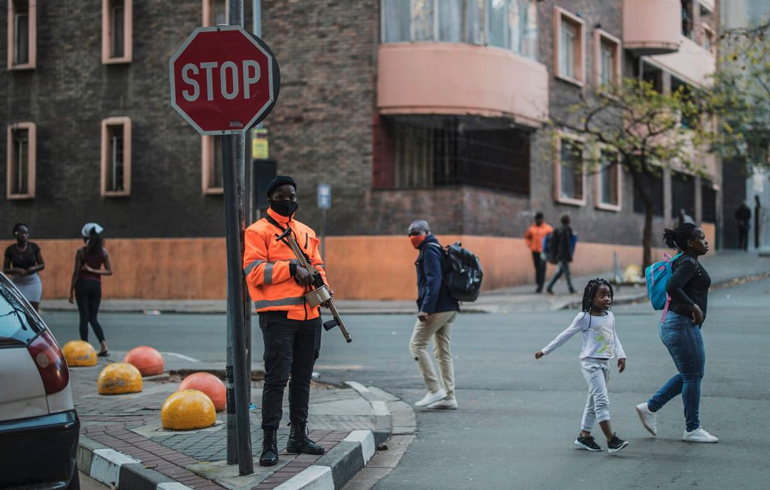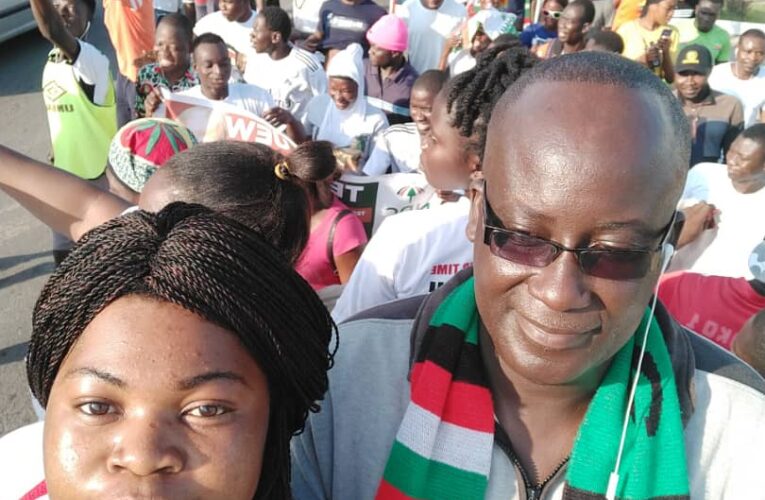South Africa’s president has announced an easing of some lockdown restrictions beginning next month, citing economic concerns.
But President Cyril Ramaphosa warned that most people should remain at home, public gatherings remain banned, and the country’s borders will stay closed.
From 1 May, some businesses will be allowed to reopen, and a third of their employees can return to work.
Some schools will also reopen but with strict limits likely on class sizes.
The country has some of the most stringent coronavirus lockdown restrictions in the world, but security forces have struggled to enforce them.
Most people are still being urged to stay at home, but will be allowed to go out and exercise when the new rules come into effect.
President Ramaphosa said a month-long lockdown has been working, and has slowed the pandemic’s progress. But people need to eat, and to earn a living, he said.
The BBC’s Andrew Harding in Johannesburg says it is a precarious balancing act for South Africa, as for so many countries.
Since 27 March only essential service providers, such as health workers, financial services providers, journalists and retail workers, are allowed to continue going to work.
Businesses that provide essential services have been applying for a special permit from the government that allows their members of staff to go outside.
The restrictions have included no jogging outside, no sales of alcohol or cigarettes, no dog-walking, no leaving home except for essential trips and prison or heavy fines for law-breaking.
Mr Ramaphosa has warned of the danger of a new surge of infections. There’s already concern about new spikes in several cities, and warnings that some hospitals are nowhere near ready.
But the pressure to reopen the economy – at least partially, and cautiously – is huge, our correspondent says.
Under the new plans, South Africa’s alert level will drop from “level 5” to “level 4”.
Mines will be opened though many at reduced capacity. Financial and agricultural sectors will also reopen, according to local media, and supermarkets will be allowed to sell more stock.
Buses, taxis and private vehicles will be allowed on the roads at any time of day, but movement between provinces is still banned and international flights are cancelled except for those repatriating citizens.
Smaller gatherings of fewer than 10 people will be permitted, as will the purchase of cigarettes.
But bars and the sale of alcohol remain outlawed. Social distancing will be enforced.
South Africa’s government has also announced new welfare grants to help South Africa’s poorest families.
Millions of people have lost their incomes, and aid organisations warn of growing signs of desperation.
Source: BBC




















































